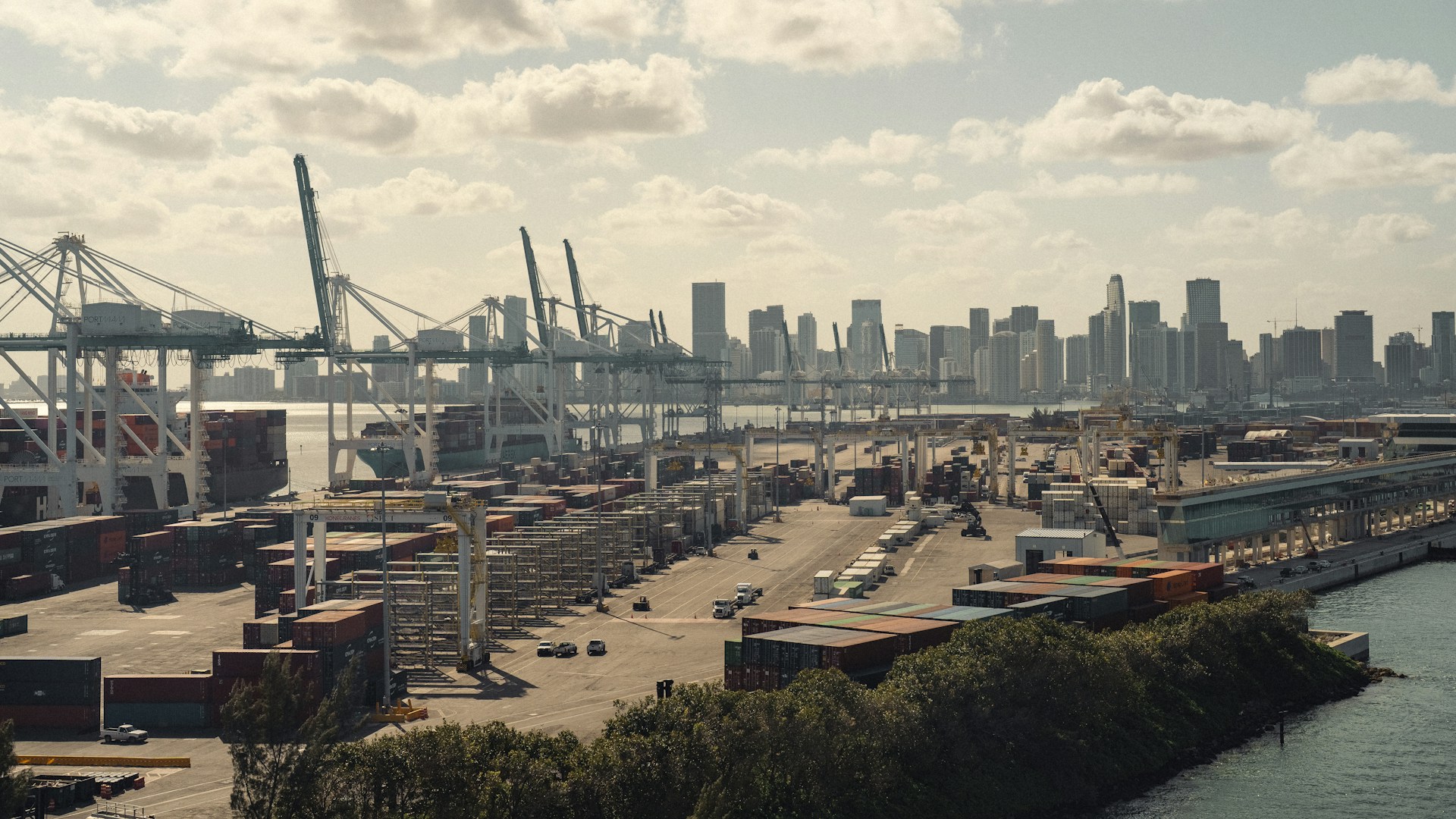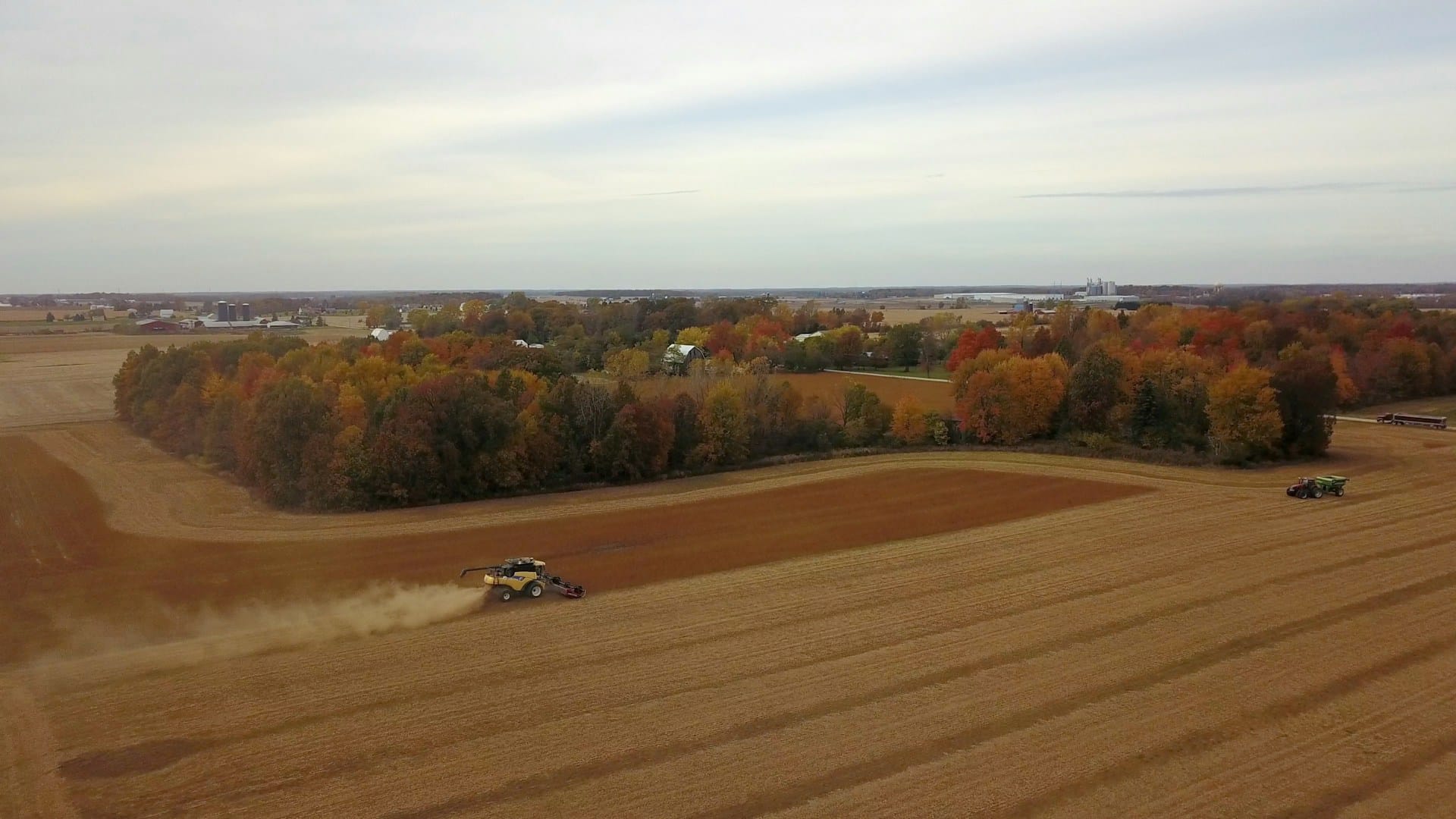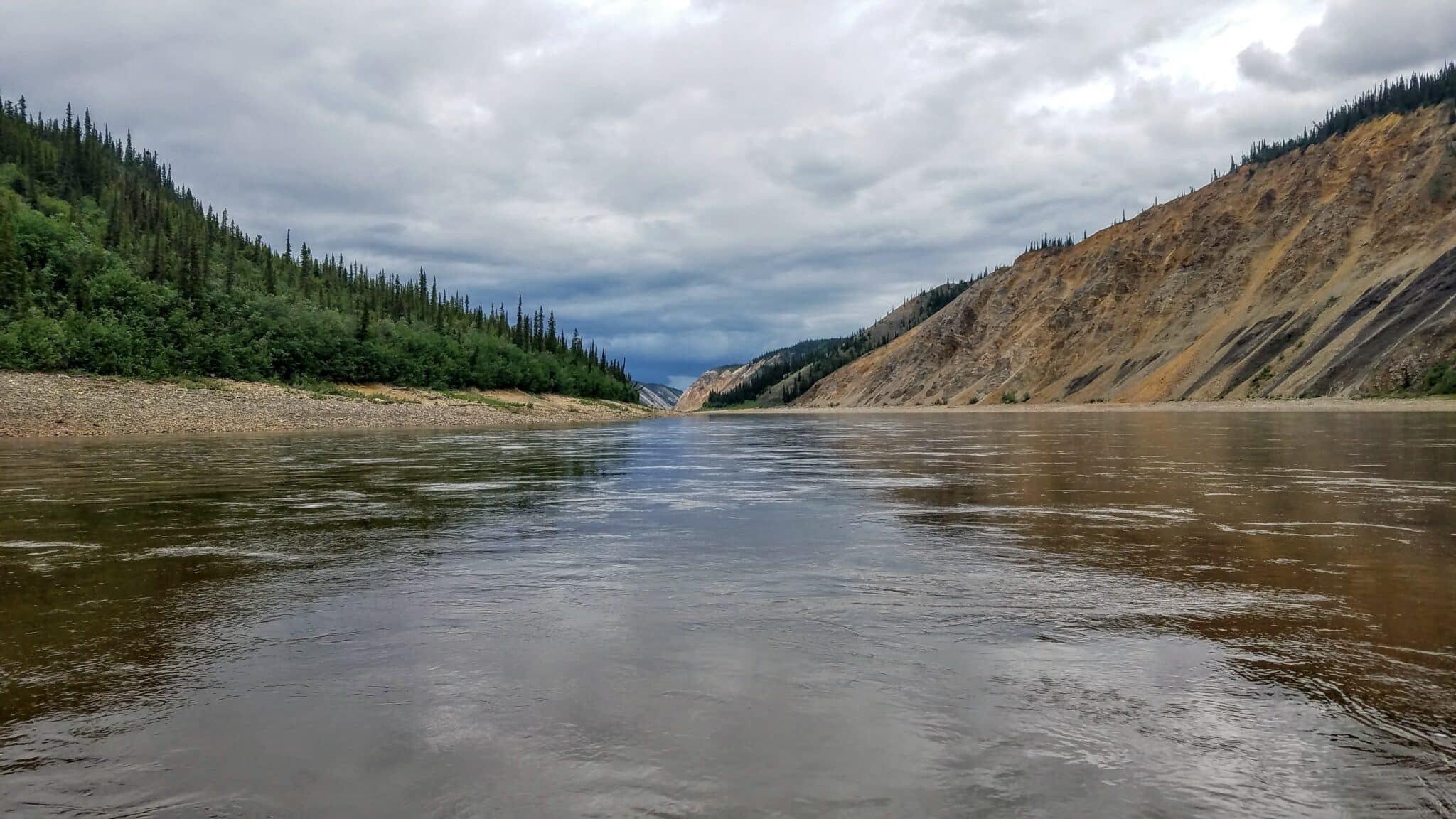In 2014, road builders in Alabama broke ground on one of the nation’s most costly highway projects. Two years later, they stopped after the state ran out of money.
Now, with a jump-start from an influential senator, work on the roughly 52-mile Northern Beltline around the city of Birmingham is — at least fleetingly — set to inch forward.
Under a spending bill signed last month by President Trump, the project is expected to get $30 million in fiscal 2020. In a statement trumpeting the news, Alabama Gov. Kay Ivey (R) heralded “the enormous benefits this corridor will bring to our state and the nation” and credited Senate Appropriations Chairman Richard Shelby (R-Ala.) for securing the money.
Despite a congressional ban on earmarking, the episode is evidence that savvy lawmakers can still find ways to route dollars to favored enterprises.
But even by Alabama’s official forecast, the Beltline’s completion is more than three decades away. With Congress in the early stages of work on a long-term highway and a transit bill that’s unlikely to provide much fresh revenue, critics question the mindset that perennially puts ceremonial digs for new projects ahead of upkeep for those already built.
“We don’t have a funding problem as much as we have a prioritization problem,” said Beth Osborne, director of Transportation for America, a research and advocacy group that last year reported finding worsening road conditions in many states.
As E&E News reported in 2015, the Beltline, tentatively set for completion in 2054 with a $5.3 billion price tag, has never undergone an objective analysis of its potential benefits (Greenwire, Dec. 23, 2015).
Instead, the project has been kept alive by politically connected business interests in Birmingham, the state’s largest city.
So far, more than $155 million has been spent, and all they have to show for it is an unfinished 1.3-mile stretch connecting two state highways.
‘Dribbling money into a black hole’
While the Alabama Department of Transportation is still pondering uses for the new appropriation, “it’s dribbling money into a black hole,” said Sarah Stokes, a senior attorney with the Southern Environmental Law Center.
SELC spent years in litigation in an unsuccessful fight to block the undertaking, partly on the basis that it violated the National Environmental Policy Act (Greenwire, Jan. 20, 2016).
Since taking office, Trump has vowed to overhaul NEPA regulations on the grounds that they impede major projects, but Stokes said, “It’s the funding that has held this up.”
Nelson Brooke, head of the Black Warrior Riverkeeper group, which was the plaintiff in the earlier litigation, sees the funds as a symbolic gesture that “the Beltline isn’t dead” even though it will probably never be completed.
The money will flow from a $100 million set-aside for the Appalachian Development Highway System, a program created decades ago to pay for roads in the struggling Appalachia region.
Shelby, who has been in office since 1987, has previously earmarked tens of millions to the project. In 2004, he added the Beltline to the Appalachian system. In 2012, then-Rep. Jared Polis (D-Colo.) dubbed the endeavor the “Alabama porkway” and unsuccessfully sought to undo its special status.
By that point, direct earmarking had generally been prohibited. In this instance, neither the bill nor an accompanying explanatory statement mentions the Beltline by name.
Instead, the legislation references a 2012 report on states with the largest remaining dollar amounts of uncompleted work in the Appalachian system, a formula that appears to particularly favor Alabama and Pennsylvania.
In a recent news release, Sen. Bob Casey (D-Pa.) also claimed credit for the $100 million appropriation and predicted that “a large portion” of the total will likely wind up in the Keystone State.
Poor roads
Fred McCallum, acting chief of the Birmingham Business Alliance, did not reply to phone and email messages seeking his perspective on what the $30 million appropriation will accomplish in light of the Beltline’s enormous total cost.
A Shelby spokeswoman had no on-the-record comment on the senator’s rationale for pursuing this year’s Beltline installment or on what other projects throughout the Appalachian system stand to gain.
The gamesmanship comes as lawmakers are assembling a long-term highway and transit authorization bill to replace the existing $305 billion statute, which expires at the end of September.
In a report released last year, Transportation for America and Taxpayers for Common Sense found that Alabama was one of 37 states where the percentage of roads rated in poor condition increased from 2009 to 2017.
Among their recommendations, the two groups urged Congress to use the upcoming authorization bill to require states to first spend their federal formula funding on ensuring existing highway systems are in good condition before making them bigger.
While state transportation departments bear some responsibility for the current imbalance, Osborne said, members of Congress are “sending a very strange, mixed message themselves, and I just think that elected officials at all levels of government really like a ribbon-cutting.”
By contrast, she said, maintenance “is not a very glamorous thing to do.”











Get Social